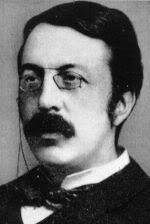Originally posted by mercia
View Post
Who can tell what he might have achieved had he lived to a mature age?
A tragic double loss for music lovers; but let us not forget that many others perished on that day and were equally mourned by their friends and loved ones. Requiescat in Pace.
VH



 -
-










Comment